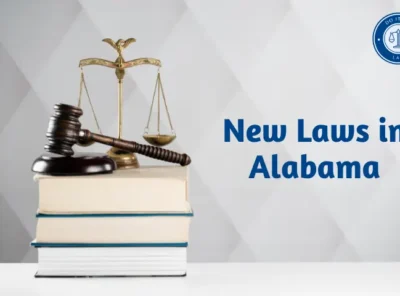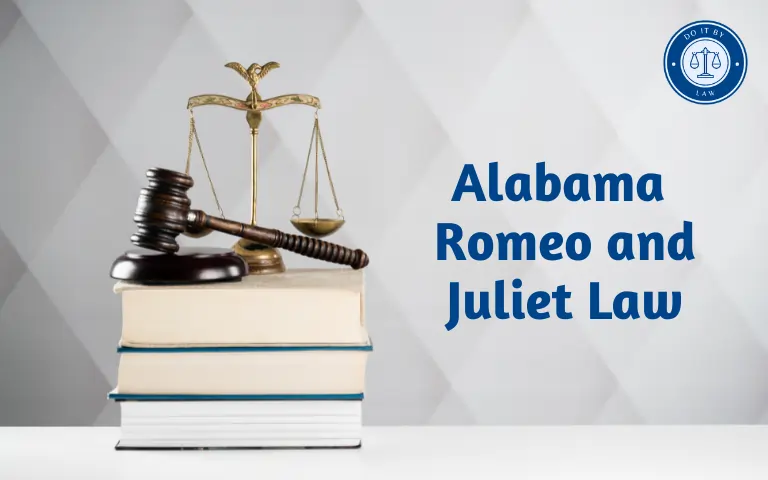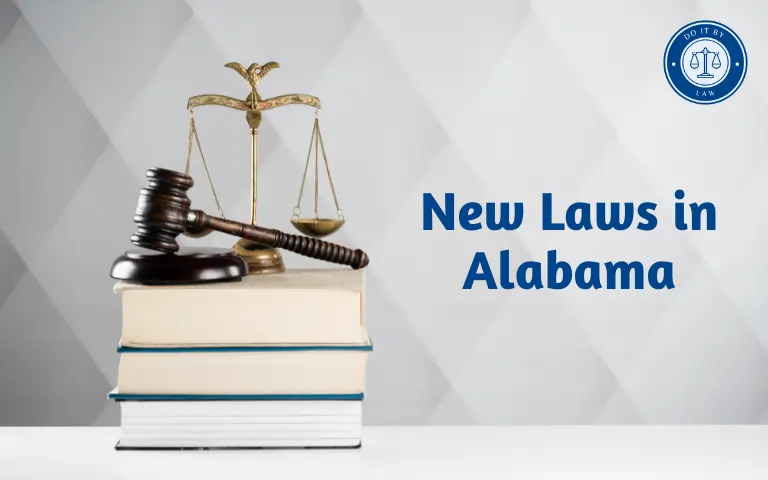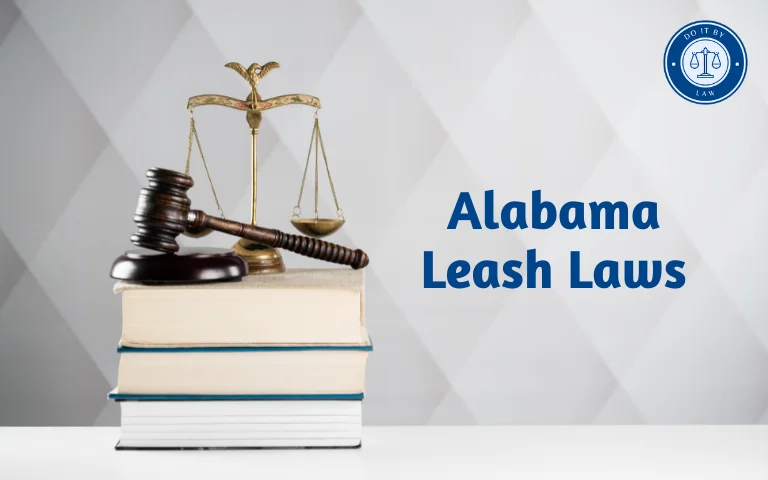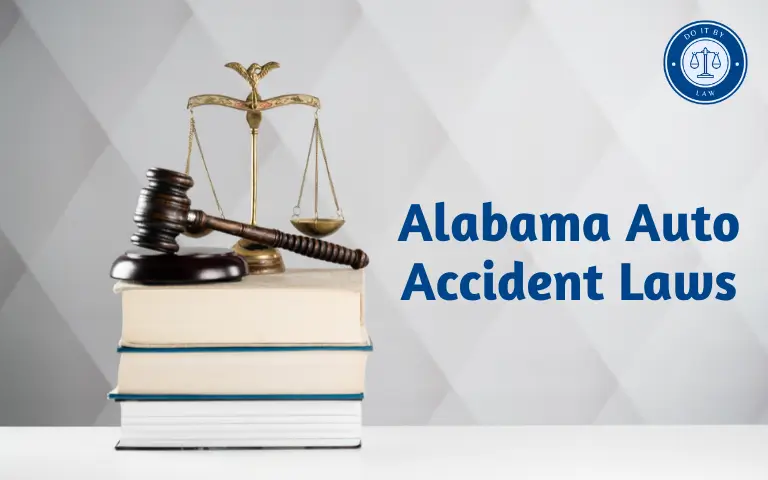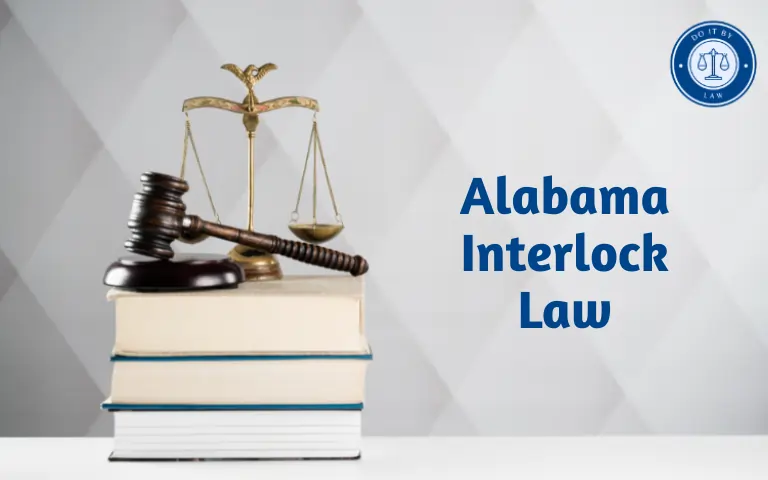Alabama Recording Laws: What You Need to Know
Alabama has specific laws governing when and how recording audio or video is legal within the state. Understanding citizens’ rights and prohibitions under these statutes is important. Alabama maintains strict privacy protections in many contexts. Alabama Recording laws balance free speech, accountability, and privacy concerns.
There are complexities around public vs. private settings, notification, consent, and more. This article provides an in-depth look at key provisions, penalties, exemptions, changes, and controversies in Alabama recording laws. It aims to clarify the state’s regulations on recording conversations, phone calls, and activities.
History of Alabama Recording Laws and Rationale
Alabama enacted its first laws on recording conversations in the 1950s once portable devices became available. Initial laws focused on banning the recording of phone calls to protect privacy.
Over time, Alabama updated statutes to address new technologies like hidden cameras and high-zoom lenses invading privacy in private places. Key developments include:
- 1953 – Passed law criminalizing phone tap recording without consent.
- 1998 – Extended to prohibit recording in-person conversations secretly.
- 2004 – Added restrictions on voyeuristic video recording.
- 2012 – Clarified penalties for unlawfully recording police.
Alabama’s dual goals have been preserving reasonable privacy expectations while enabling recording that serves justice and accountability. Balancing these aims continues as technology evolves.
Who Alabama Recording Laws Apply To
In Alabama, recording laws generally apply to anyone involved in a conversation, both in-person and on the phone. Here’s a breakdown:
In-person conversations:
- One-party consent: Recording a conversation is legal if at least one person participating in the conversation consents to the recording. This applies to both parties present and someone recording remotely with their consent.
- No consent needed: There’s no need for consent to record conversations in public places where there’s no reasonable expectation of privacy. This includes areas like sidewalks, streets, and parks.
Phone and electronic communications:
- Two-party consent: Alabama’s law requires consent from both parties involved in a phone call or electronic communication (text messages, emails, etc.) for legal recording. However, there are some exceptions:
- Law enforcement: They can record with a warrant or in specific situations allowed by law.
- Parties to the conversation: Each party can record their own conversation without additional consent, but not share it publicly without the other party’s consent.
- Private property with trespassing: Secretly recording someone on private property, even with their voice, while trespassing can be illegal.
- Specific consent forms: For sensitive recordings, consider using written consent forms for added clarity and protection.
Key Provisions of Alabama Recording Laws
Alabama statutes contain certain requirements and restrictions:
One-party consent for in-person conversations:
- It’s legal to record a conversation if at least one participant consents to the recording, regardless of the location.
- This rule applies to both parties physically present and someone recording remotely with their consent.
No consent needed in public places:
- Recording conversations in public places where there’s no reasonable expectation of privacy is allowed without consent.
- This encompasses areas like sidewalks, streets, and parks.
Two-party consent for electronic communications:
- Recording phone calls, text messages, emails, and other electronic communications requires consent from both parties involved.
- Exceptions exist for law enforcement with a warrant or in specific legal situations.
- Each party can record their own conversation without additional consent but cannot publicly share it without the other party’s permission.
Consent and exceptions:
- Private property: Secretly recording someone on private property, even with their voice, while trespassing is illegal.
- Consent forms: Consider using written consent forms for sensitive recordings for added clarity and protection.
Penalties Under Alabama Recording Laws
Violating Alabama’s recording laws can lead to both criminal and civil penalties, depending on the specific circumstances. Here’s a breakdown:
Criminal Penalties:
- Unlawfully recording a conversation: This is a misdemeanor, punishable by:
- Up to one year in jail.
- A fine of up to $6,000.
- Both jail time and a fine.
- Unlawful surveillance: This involves installing an eavesdropping device on private property to secretly record conversations. It’s a felony, punishable by:
- One to ten years in prison.
- A fine of up to $15,000.
- Both prison time and a fine.
- Disclosing an unlawfully recorded conversation: This is also a misdemeanor with the same potential penalties as unlawfully recording.
Civil Penalties:
- Invasion of privacy: The person whose conversation was illegally recorded can sue for damages, including:
- Emotional distress.
- Reputational harm.
- Punitive damages in extreme cases.
Exceptions to Consent Requirements
There are some exceptions where Alabama allows recording without consent:
- Where parties do not have a reasonable expectation of privacy (public activities).
- Inadvertent recording of background noise.
- Service providers record in the normal course of business.
- Certain emergencies to prevent harm.
- Police body cameras and recording for law enforcement purposes.
However, privacy rights still limit unnecessary dissemination of even authorized recordings.
Alabama Recording Law Controversies
Alabama grapples with similar debates as other states around recording regulation:
- Balancing privacy rights against accountability served by recording authorities and public officials.
- Keeping laws current with rapidly evolving recording technologies.
- First Amendment rights for recording matters of public interest.
- Handling unauthorized distribution of damaging private recordings.
- Use of recordings as evidence in legal proceedings.
- Applicability of one-party consent exceptions allowing recordings with only the notifier’s consent.
Alabama continues balancing privacy protections, free speech, and transparency interests when revising recording laws.
Recent Changes to Alabama Recording Statutes
Some recent amendments to Alabama recording laws include:
- 2012 – Set penalties for recording police and exempted body cams when used properly.
- 2015 – Increased penalties for recording for voyeuristic purposes.
- 2018 – Added restrictions on deep fake recordings made without consent.
- 2020 – Mandated data protections for police body camera recordings.
- 2022 – Created civil penalties for improperly disseminating some recordings online.
Alabama responds to new questions prompted by evolving technologies and digital media sharing around recordings.
Conclusion and Key Takeaways
In summary, Alabama recording laws place a strong emphasis on privacy protections, generally requiring all-party consent and notification even in many public settings. There are limited exceptions for authorized law enforcement, inadvertent recording, and places lacking reasonable privacy expectations. Penalties for violations vary based on circumstances.
Key takeaways on Alabama recording laws:
- Consent of all parties is required in most contexts.
- Public notification is encouraged though not always mandatory.
- Privacy rights are protected against invasive zooming/enhancement.
- Special rules apply to recording police activities.
- Penalties range from civil to criminal for unlawful recording or disclosure.
Understanding proper compliance helps avoid risks and supports both accountability and privacy given rapid changes in recording technology.




